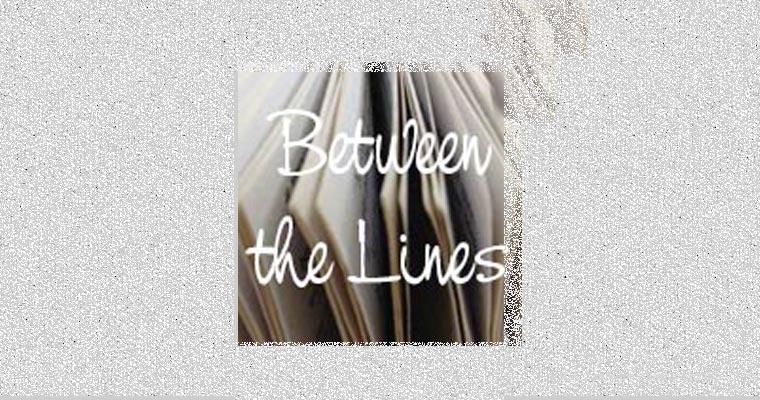Be mindful of what you eat
Americans think of food in terms of its convenience and richness while it should instead be viewed as a tool for nourishment of the body and the building of community. On average, Americans spend only 6.9 percent of their budgets on food, one of the lowest percentages globally. Most European countries spend over 10 percent on food while other countries in Africa and South America spend over 20 percent of their budgets. The plethora of cheap, processed food available to consumers in the US is what enables us to spend so little on what we put in our bodies. This lifestyle is extremely detrimental to society and to personal health.
Michael Pollan is the author of the widely acclaimed book The Omnivore’s Dilemma, in which he experiences and then dissects three vastly different ways of eating; he eats McDonald’s while driving down the freeway, he creates a meal out of big-name organic foods that he buys at the neighborhood grocery store, and he hunts, grows, and scavenges for his own food to create the last meal.
His purpose is to expose the pros and cons of different eating traditions and to promote the formation of a more beneficial food culture in the United States.
The biggest complaint that Pollan raises is that people spend too little time thinking about what they eat. Food is essential to well-being and can be a vehicle for the proliferation of community and culture.
Dining needs to become a more purposeful process. If we start to consciously monitor what we’re putting in our bodies, that small change could have huge ripple effects.
Pollan’s books don’t just point a critical finger, they provide a solution. In The Ominvore’s Dilemma, Pollan visits a farm where all of the animals are interdependent with the other livestock that they share the land with and with native grasses and plants. Typical cattle are kept in crowded pens and fed meals of corn mixed with dead animal parts and steroids. The cattle on the alternative farm dine as they are naturally designed to. Not only are they better off, but the people that they eventually feed benefit as well.
Become a conscious shopper. The next time you go to the grocery store, look at the label on the food that you’re buying. Is the beef grass-fed? Is the bread whole grain? One of the most basic rules that Pollan presents is; “If it came from a plant, eat it; if it was made in a plant, don’t.”
It’s as simple as that.
-Olivia Dorow Hovland

